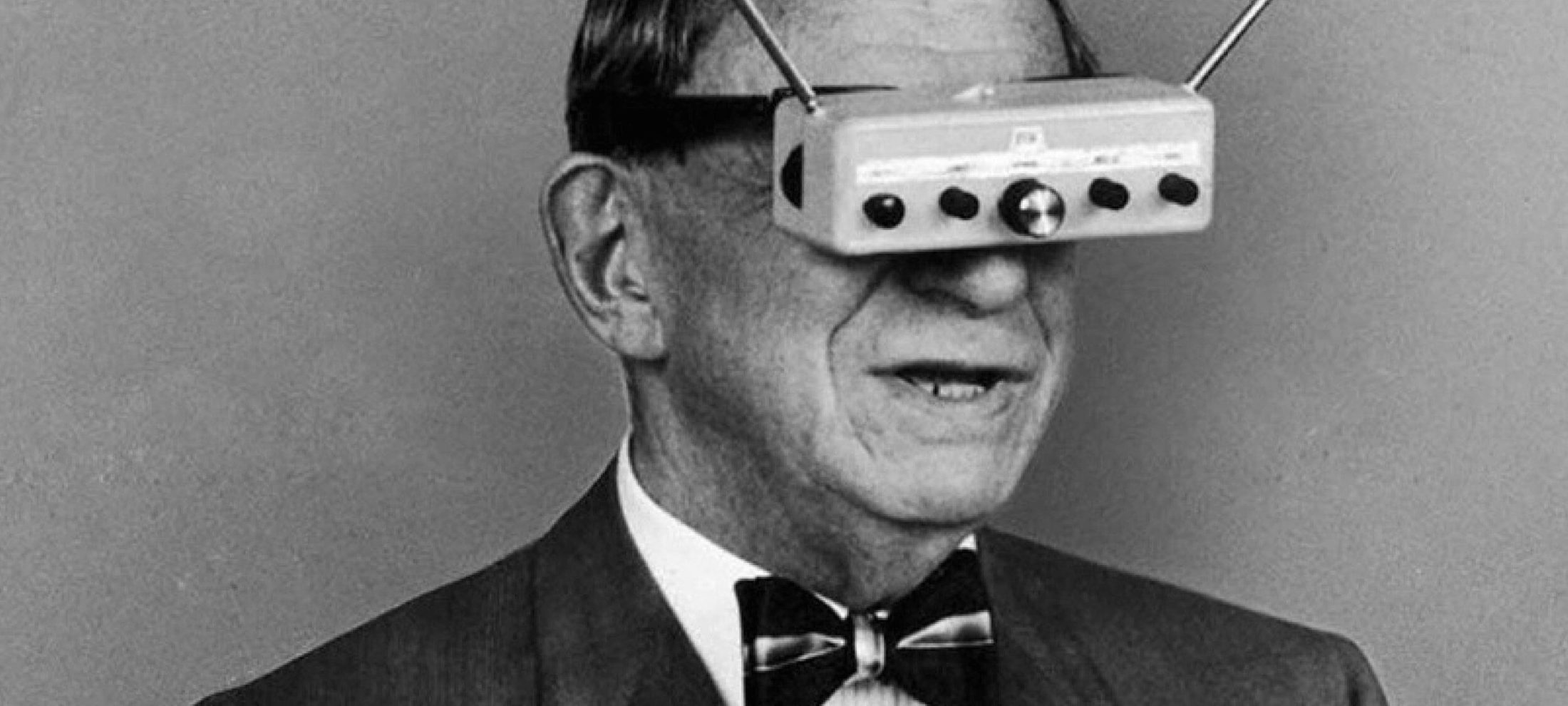
Should you celebrate Christmas if you’re not religious?
Opinion + AnalysisHealth + WellbeingRelationships
BY Dr Tim Dean 29 NOV 2022
Religious holidays like Christmas are not just for believers. They involve rituals and customs that can help reinforce social bonds and bring people together, no matter what their beliefs.
What is Christmas all about? On the one hand, it’s a traditional Christian religious holiday that celebrates the birth of Jesus Christ, the son of God. On the other hand, it’s a commercial frenzy, where people battle crowds in vast shopping centres blanketed in themed decorations to buy disposable trinkets that are destined to be handed over to disappointed relatives straining, but failing, to smile with their eyes.
Either way, if one is not overly devout or materialistic, Christmas might seem like something worth giving a miss. And if you’ve lost your religion entirely, it might seem appropriate to dispense with Christmas traditions.
The same applies for major holidays celebrated by other religions. If you do abandon Christmas – or Hanukkah, Diwali, Ramadan, etc – you’ll be missing out on an opportunity to participate in a ritualistic practice that is about more than the scriptures suggest, and certainly more than the themed commercial advertising represents.
This is because religious holidays like Christmas are not what they seem. They are not fundamentally about spirituality, as they purport to be. They’re certainly not about boosting economic activity, even if that’s what they’ve become. Rather, they’re about bringing people together to create shared meaning.
Anyone can benefit from this effect if they participate in the rituals and traditions of a religious holiday, including people of that religion who are no longer believers, as well as those outside of the culture who are welcomed in.
Do you believe in Santa Claus?
Religiosity is in decline in most countries around the globe, Australia included. In fact, Australia is in the top five nations in the world in terms of the proportion of self-declared atheists. And “no religion” is the fastest growing group, jumping from less than 1% of the population in 1966 to 38% in the latest Census figures from 2021. These numbers are even higher for young people, which suggests the move away from religion will continue into the future.
For the ‘new atheists,’ this looks like a good thing. Thinkers such as Richard Dawkins, Christopher Hitchens and Sam Harris famously argued that religion is dangerous force that spreads unscientific beliefs and perpetuates social divisions. They have urged people to drop their spiritual beliefs and embrace a secular rational lifestyle.
There are merits to their arguments, but their bundling of religions’ problematic metaphysics with the traditions and rituals they promote overlooks that the two are not necessarily connected: one need not believe that three wise men tracked a mystical light in the sky to the birthplace of Jesus so they could give him gold, frankincense and myrrh in order to hand over a present to a loved one. It’s like how we already agree that one need not believe in Santa Claus in order to stuff the odd stocking.
The other thing the scorched Earth version of atheism overlooks is that the decline of religiosity has corresponded with an increase in social fragmentation in the modern world. Many people feel a sense of social isolation and disconnection from those around them, even if they live in the midst of a metropolis, which is contributing to the growing crisis in mental health.
This is not a new phenomenon. A similar pattern was observed by sociologists such as Émile Durkheim and Ferdinand Tönnies in the late 19th century. They attributed it to the rise of individualism over community as modern societies expanded following the industrial revolution. The erosion of community meant that individuals were left to seek their own meaning and purpose in life, as well as forge their own social connections.
This lean towards individualism affords each person some freedom in choosing what is meaningful for them, but it also involves a lot of work; it’s no mean feat to single-handedly create a grand structure to make sense of the world, to inform what we should value and what morals we should abide by. And there are many forces that are only too happy to sell their own vision to the individual, including all manner of pseudo-spiritual causes, conspiracy theories and self-help gurus. But the strongest force today is capitalism, which sells a vision of work and consumption that is superficially appealing but which many find to be ultimately hollow and unfulfilling.
One of the mechanisms sociologists identified that helped to ameliorate the individualistic tendency towards social disconnection and isolation was religion. But it wasn’t the spiritual dimensions of religion that did the most work, it was the rituals and traditions that brought people together to reinforce social connections and create shared meaning.
Rituals like gathering for an annual feast with family, which signifies a break from everyday consumption and gives us an opportunity to show care and respect for others as we feed them. Or gift-giving, which motivates us to think carefully about the most important people in our lives – who they are, what they care about, what they lack – and encourages us to find or make something, or use our wealth, to bring them joy. Even singing carols has an effect. The act of singing in unison is a potent way of bonding with those around us, and even the habit of complaining about our most hated Christmas tunes can bring people together.
Come together
There are many more rituals involved with Christmas, and many analogous rituals associated with the festivals of other religions.
While their surface details and spiritual justifications may differ, at their heart they’re all about one thing: bringing us closer together. They’re a form of social glue that is arguably much needed in today’s world.
While the differences between traditions can be a source of division, and the rise of multiculturalism and sensitivity towards other cultures can be a source of reservation when it comes to participating in rituals that are not ‘our own,’ we still have a lot to gain by continuing to practise festive rituals, even if we no longer subscribe to their supernatural pretexts. We also have a lot to offer if we welcome those of other cultural and religious traditions to share our rituals, and if we remain open to learn from and share in theirs.
On the surface, Christmas looks like it’s about spirituality or like it’s been co-opted by the market. But deep down, it’s one of many religious festivals that we can draw on to enrich our lives, ground ourselves in our family and community, and a way to create meaningful experiences with others to help us all live a good life.
Join Dr Tim Dean for The Ethics of Holidays on the 8th of December at 6:30pm. Tickets on sale now.
Ethics in your inbox.
Get the latest inspiration, intelligence, events & more.
By signing up you agree to our privacy policy
You might be interested in…
Opinion + Analysis
Health + Wellbeing, Relationships
Ageing well is the elephant in the room when it comes to aged care
Opinion + Analysis
Health + Wellbeing, Politics + Human Rights
‘Eye in the Sky’ and drone warfare
Opinion + Analysis
Health + Wellbeing, Relationships, Science + Technology
When do we dumb down smart tech?
Opinion + Analysis
Relationships




